
The Infinity Saga, as dubbed by president of Marvel Studios, Kevin Feige, began twelve years ago with Robert Downey Jr.'s Iron Man and ended last year with Tom Holland's Spider-Man: Far From Home. The Saga itself is comprised of several franchises that have adapted many stories and many more characters from the comics, helping the Marvel Cinematic Universe become the biggest movie franchise of all time.
The MCU has been praised by fans all over for the wonderful portrayals of characters like Captain America and Ant-Man, while also adapting many stories from the comics such as "Civil War" and "Infinity Gauntlet." However, many times, fans also believe that Marvel Studios has dropped the ball on many occasions. Some big and some small.
From failed adaptations of a story, to the killing-off of characters too soon, to simply missing the mark, The Direct breaks down some of the biggest missed opportunities in the MCU.
Honorable Mention

Despite the writer's own bias against considering the ABC, Netflix, or Hulu shows as canon to the MCU, he would be remiss to not at least mention Marvel Television's series as a missed opportunity for other fans. Marvel Studios didn't take much, or any, advantage of the fact that there were several television shows running congruently with their movies. Feige and company made the decision early on to not take advantage of them in any significant way to help promote the MCU and more meaningfully connect the films with the shows.
This issue began when Jeff Loeb, former head of Marvel Television, coined the now infamous phrase "It's all connected" when discussing and promoting Agents of S.H.I.E.L.D. and the upcoming Netflix shows as far back as 2013. Since then, throughout hundreds of interviews, when asked about the likelihood of a crossover with the movie characters, Loeb and other producers at Marvel Studios would always deflect and skirt around the question by saying that it was a "possibility" but never following through.
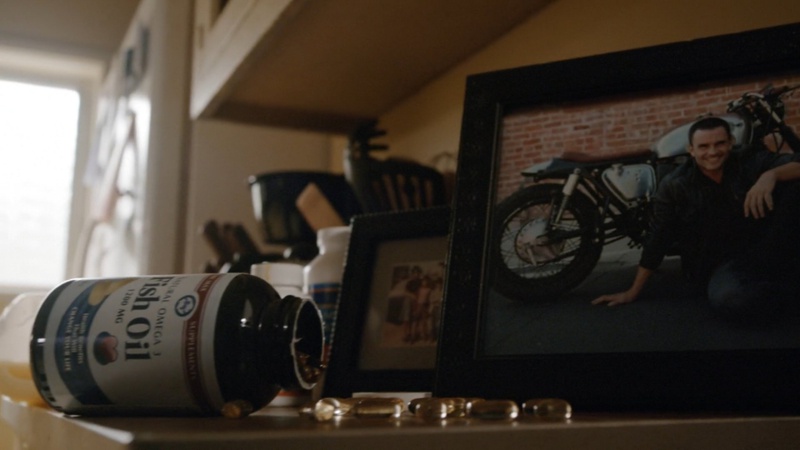
It didn't help that multiple times throughout the run of Agents of S.H.I.E.L.D., the movies have either outright ignored what has been established in the show or directly contradicted it. The biggest, and most embarrassing, was the global emergence of Inhumans not being acknowledged whatsoever by Ross in Captain America: Civil War, despite this superhuman team being incredibly relevant to the Sokovia Accords.
When the Russos were asked about this seemingly blatant omission in an interview, they revealed that neither of them paid much, if any, attention to the television shows. Markus said that he has seen "...no TV since I got here in April. I haven't seen the vast majority of this season of ‘Agents of S.H.I.E.L.D.'" with both brothers being completely lost at the mention of fish oil by the interviewer, the means of which Terrigen was initially carried and spread in the show.
Of course, with the separation and then subsequent absorption of Marvel Television into Marvel Studios, the idea of having these new Disney+ shows more directly connect and impact the movies will be a realityrather than a built-up disappointment.
10. Destruction of Dr. Zola
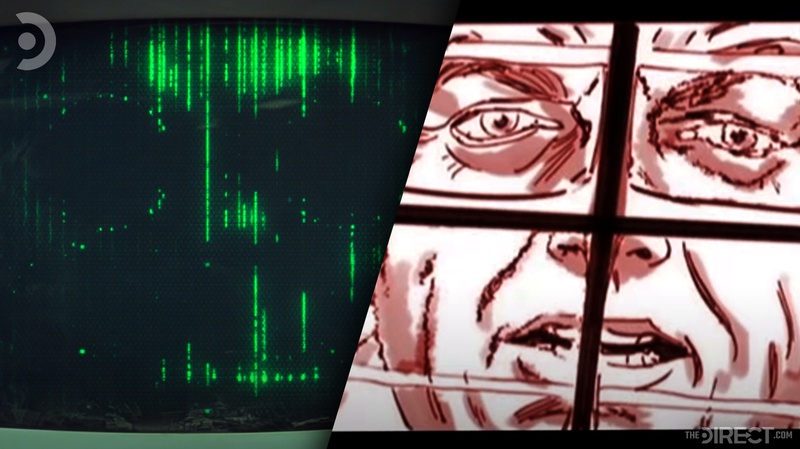
While Marvel Studios has had a problem killing off their villains, like Ronan and Malekith, the destruction of Dr. Zola in Captain America: The Winter Soldier especially stung and seemed like a waste of potential.
Toby Jones gave a compelling performance as the character in The First Avenger and portrayed him as a more vindictive and creepy computerized character in The Winter Soldier. Unfortunately, the servers holding his mind were completely destroyed when Alexander Pierce attempted to kill Rogers and Natasha by blowing up the bunker where Zola and our heroes were present. However, this wasn't always the case, as Zola at one point was going to survive to hate Captain America another day.
In a released storyboard of what appears to be an earlier draft of the movie, instead of Zola being destroyed after revealing HYDRA's infiltration of SHIELD, he's the one who fully explain what his own algorithm. But, for whatever reason, Marvel Studios decided to kill off the character. To make this death extra certain to the audience, the filmmakers even added an obvious bit of ADR from actor Robert Redford confirming Zola's destruction.
While it was cool for fans to see Zola uploaded to a computer like in the comics, they still hadn't seem him in a robotic chassis, which was itself referenced in The First Avenger. He could have acted as a continuing villain for Rogers, keeping HYDRA alive or becoming a bigger threat in the future.
There is hope about his potential return, as recent rumors could point to Armin Zola having potentially survived in some form to appear in The Falcon and the Winter Soldier. It's still unclear if this would be through flashbacks or if this would actually be his daughter, Jet Zola, appearing in his place. Regardless, Marvel Studios essentially throwing Zola away before he had even reached his peak is a bitter waste.
9. Barely Seeing New and Secret Avengers
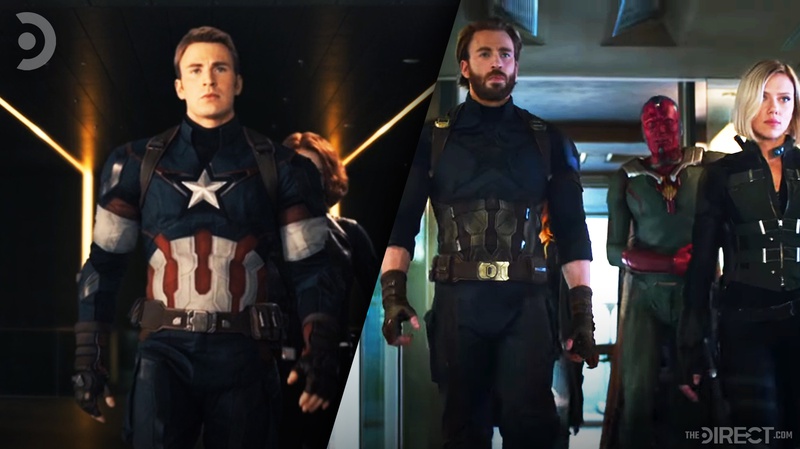
By the end of Avengers: Age of Ultron, audiences were teased with a whole new team of Avengers led by Captain America and Black Widow. Fans saw that War Machine, Falcon, Wanda and Vision would be acting as its newest members. However, the only time that fans ever see them in action together as a team is during the beginning of Captain America: Civil War, and even then all the heroes aren't present. Shortly after the inciting incident with Wanda, the team is disbanded.
We never see or hear about any of their other missions or how they've been handling themselves without the financial aid of Tony and the absence of Bruce Banner. In the aftermath of Civil War, in Spider-Man: Homecoming, there is frequent mention of The Avengers, not having been disbanded and likely only comprised of Iron Man, War Machine, and Vision, but fans never actually see this team in action either.
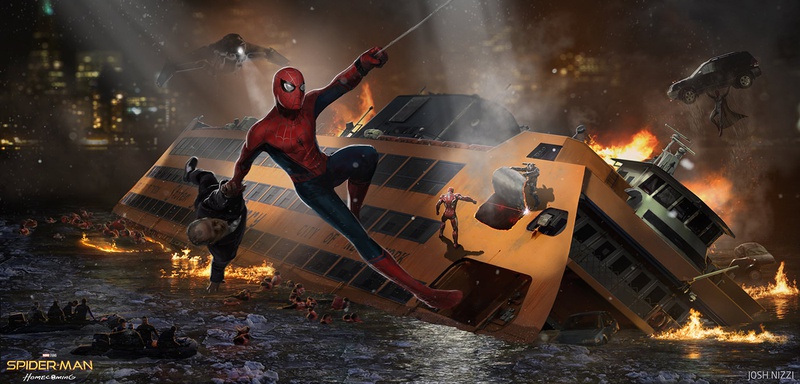
Alternate Ship Rescue - Josh Nizzi
In fact, there was concept art released that showed Vision and War Machine assisting in saving civilians from a ferry, alongside Iron Man, but this was either cut or never reached the script at all. Having them appear would have gone a long way to show audiences how there was still an active team of Avengers in the world, since Tony even invites Peter to join them by the end of the movie.
This invitation at the end falls a little flat, since the audience isn't really made aware that there is still an active Avengers after Civil War. All fans see is Iron Man working by himself, with not even a single mention or reference to either War Machine or Vision, until Tony Stark actually offers Peter a spot on the team. At one point prior during Homecoming, Tony is all the way in India attending a party. So, the impression that the audiences get is an inactive team of Avengers.
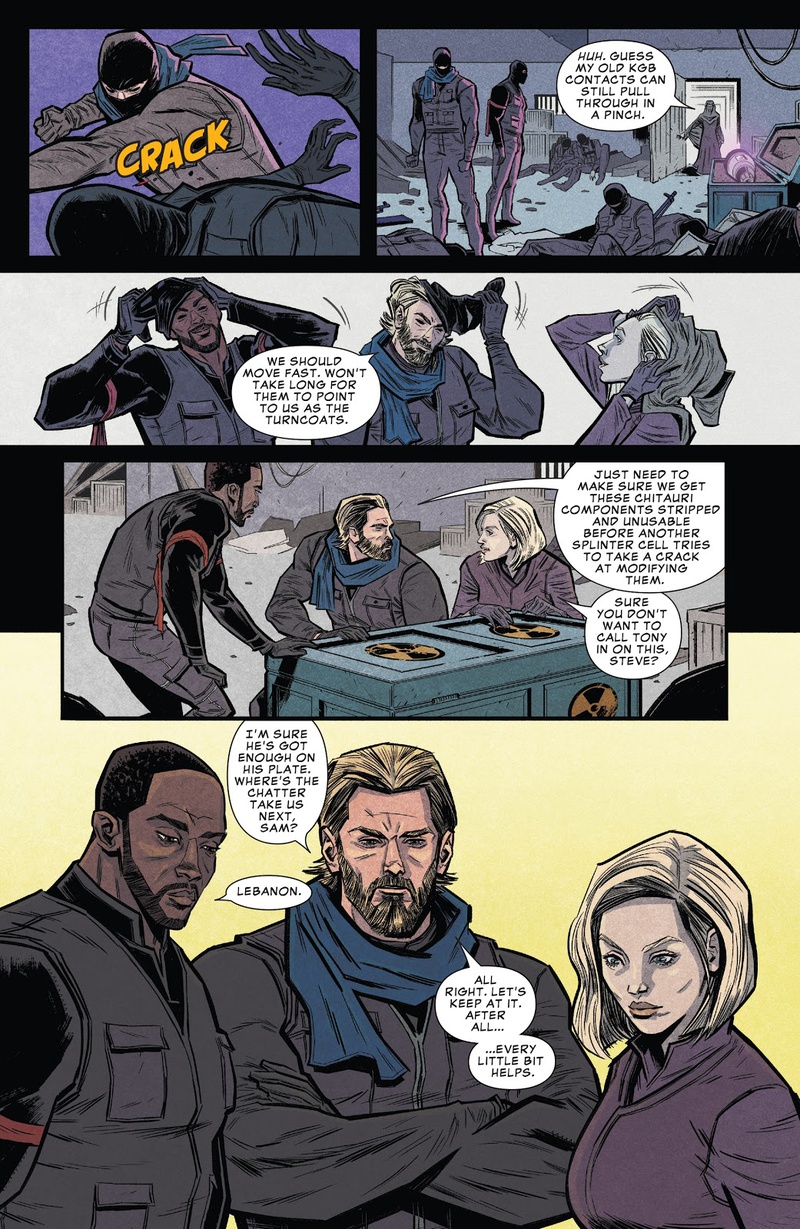
On the other hand, the Secret Avengers - led by Rogers, followed by Black Widow, Falcon, and Wanda - are only shown to be active once in Infinity War, when the first three saved Wanda and Vision from Proxima Midnight and Corvus Glaive. Audiences never hear about what they've been doing besides hiding from the authorities due to them breaking the Sokovia Accords.
But, for super fans, there was actually a prelude tie-in comic for Infinity War that showed a little bit of their adventures since they escaped The Raft. In this prelude comic, they're shown stopping a shipment of Chitauri-fueled weapons from reaching local terrorists in Syria. It would have been nice to see even a glimpse of them doing a mission like this on-screen before they were, once again, immediately disbanded by the end of Infinity War.
Of course, no one is expecting to have another entire movie revolving around these new, temporary teams, but even just quick peaks at them would have gone a long way of establishing these new status quos. For example, instead of Tony rescuing Peter while he's attending that party India, he saves him while he's on an Avengers mission with War Machine and Vision.
8. Sokovia Accords
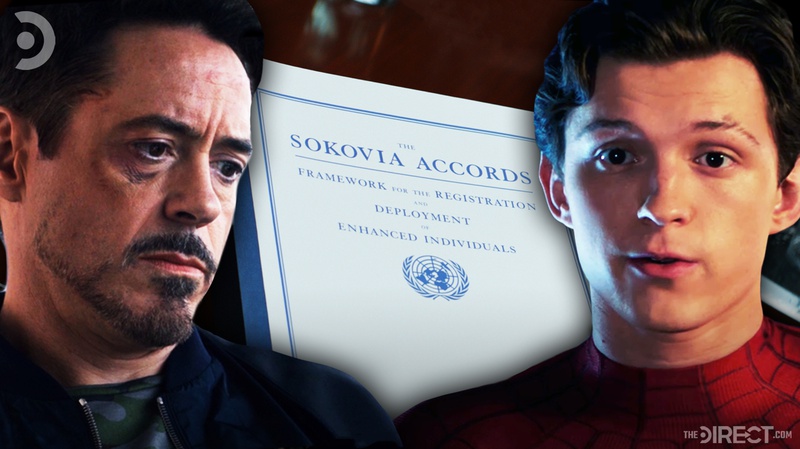
Similar to how fans had not seen these temporary Avenger teams in action, the rippling effects of the Sokovia Accords had very little mention beyond Tony and Rogers parting on bad terms and our other heroes being on the run or under house arrest.
After Captain America: Civil War, in which the "Framework for the Registration and Deployment of Enhanced Individuals" law is established, the Accords is only ever referenced three times: once during Spider-Man: Homecoming when one of Peter's teachers briefly mentioned it, another instance in Avengers: Infinity War when Ross ordered Rhodey to arrest Steve Rogers, and finally in Ant-Man and the Wasp when Agent Woo explained to Cassie why Scott was under house arrest.
Honestly, the first one from Homecoming is just window dressing heard in the background of the scene, since it never actually factors into the movie. This is despite Homecoming starring a teenage vigilante who, at one point, ends up being indirectly responsible for destroying a ferry and putting civilians in danger. In fact, it's utterly bizarre that this law doesn't have any more importance in either Spider-Man movies.
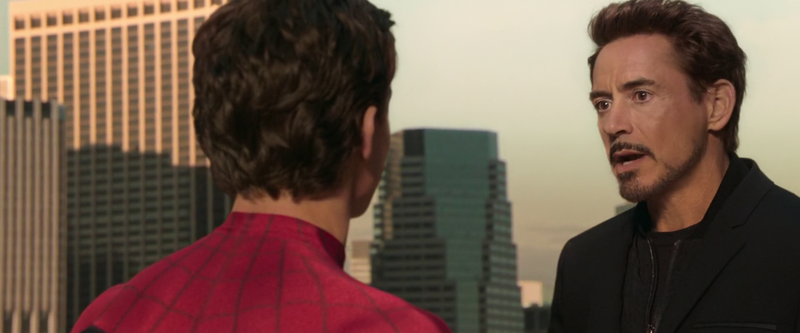
In fact, Tony doesn't even mention it once when reprimanding Peter for going against his wishes in pursuing The Vulture. The significance of the Accords could have been mentioned with even the implication that Tony has been protecting Peter from being forced to sign them all this time, since he's just been dealing with crimes below the Avengers' "pay-grade."
Another missed opportunity was when Tony finally offered Peter a position on The Avengers; Tony could have told Peter that he would have to sign the Sokovia Accords before joining, but the Accords go unmentioned in this pivotal scene. It's left ambiguous whether or not the Accords are even still in effect, since in Avengers: Endgame, Rogers is leading a support group for survivors of The Snap in public and working with Natasha in their old Avengers facility.
Could it factor again in future movies and shows now that Ross is back? Sure, but up to this point, it feels like the Accords have gone a bit wasted in terms of establishing, again, a new status quo for these heroes and this world that barely feel affected by them.
7. How Nick Fury Lost His Eye
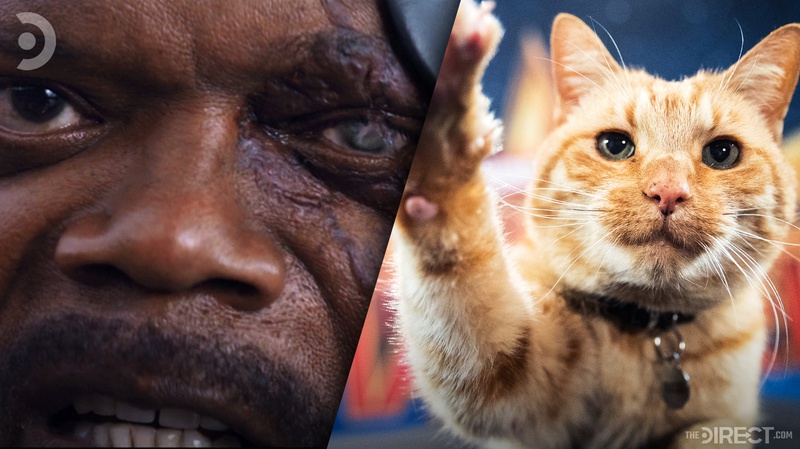
Captain Marvel revealed that the origin of Nick Fury's ocular trauma was from an alien feline. Whilte this wasn't a huge misstep, it still could have been a much more meaningful character development than just a joke.
In the comics, there are multiple origins for Fury's damaged eye, depending on the continuity. But, they're all relatively the same as Fury gets inflicted either by a stray grenade or a car explosion. However, where this interest really started was in Captain America: The Winter Soldier, in which Fury made multiple implications about why he wears an eyepatch.

Specifically, Fury says that the reason he lost his eye was because of someone he had trusted in the past. In the same movie, this intrigue went even further when fans actually saw Fury reveal his injury to Pierce and the audience, seeing what some fans believed to be claw marks. This sent imaginations flying, with some fans believing that Wolverine or other prominent Marvel characters had betrayed Fury's trust.
So, it isn't hard to imagine why many were disappointed when the reveal of Fury's injury was from him holding Goose the wrong way in Captain Marvel. Once more, it's further implied that Fury didn't so much lose his eye from the alien-cat scratch, but the infection that followed. It's topped off with Coulson being led to believe that he actually got the injury from being tortured by Kree soliders.
So, Nick Fury has essentially been lying and embellishing how he lost his eye out of embarrassment this entire time. This does end up undermining his character which has been established thus far in the MCU, all for what is essentially a joke built on subverting the audience's expectations.
6. Aunt May's Subdued Reaction to Peter Being Spider-Man
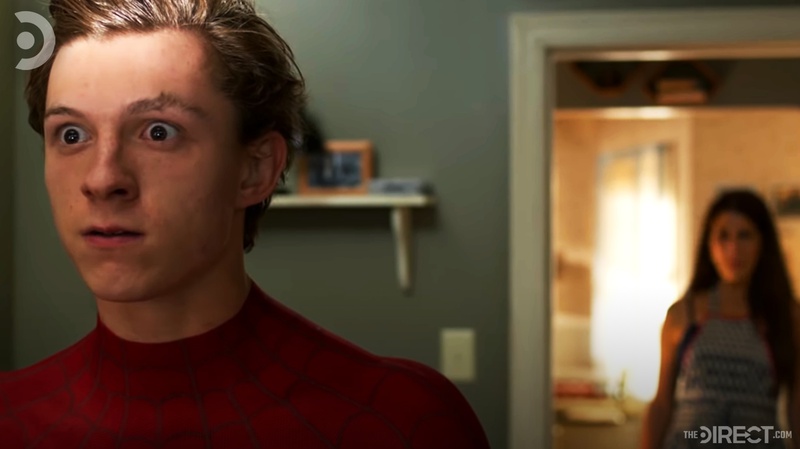
By far one of the most disappointing lack of payoffs from Homecoming was Aunt May finding out Peter Parker was Spider-Man. In Homecoming, Aunt May literally tells Peter that if he spots danger, he should run the other way. At one point, May even fears for Peter's safety when he goes missing for hours after the ferry incident. So it's not surprise when the first words out of Aunt May's mouth when she discovered the truth is a shocked expletive.
However, due to the nature of the MCU, we never see the subsequent talk or argument between them with Peter being Spider-Man and putting himself in constant danger since the next two times fans see Peter before his own sequel are in Infinity War and Endgame. So, fans were left to speculate about the dynamic between Peter and Aunt May until Spider-Man: Far From Home came out.

One would expect Aunt May to be very hesitant in letting Peter continue being Spider-Man. But, in Far From Home, this revelation is never given any sort of weight it deserves, especially since it was implied in the first movie that Aunt May would actually object to Peter being in such dangerous situations. This should be a huge moment for both of the characters, but it's dealt with completely off-screen.
In the comics, most famously in J. Michael Straczynski's run on the character, Aunt May actually discovers that Peter is Spider-Man in issue #35 of The Amazing Spider-Man. In fact, Kevin Feige loved this moment so much that he was quoted in the Spider-Man: One More Day trade paperback saying he would adapt this moment to film.
"My favorite J.M.S. Spidey moment also happens to be my favorite Spidey moment period: Aunt May discovers Peter's secret. It has become my mission to put that moment up on screen. Someday we will. I promise."
He does, in a way, do just that in Spider-Man: Homecoming, but doesn't actually explore it like Straczynski does after the reveal. When Aunt May confronts Peter about him being Spider-Man, she's furious with him, not because of the danger, but because of the lying and secrets. As they talk about the burdens they've both been carrying all these years, especially after Ben's death, they reconcile, happy that there are no longer any secrets between them.
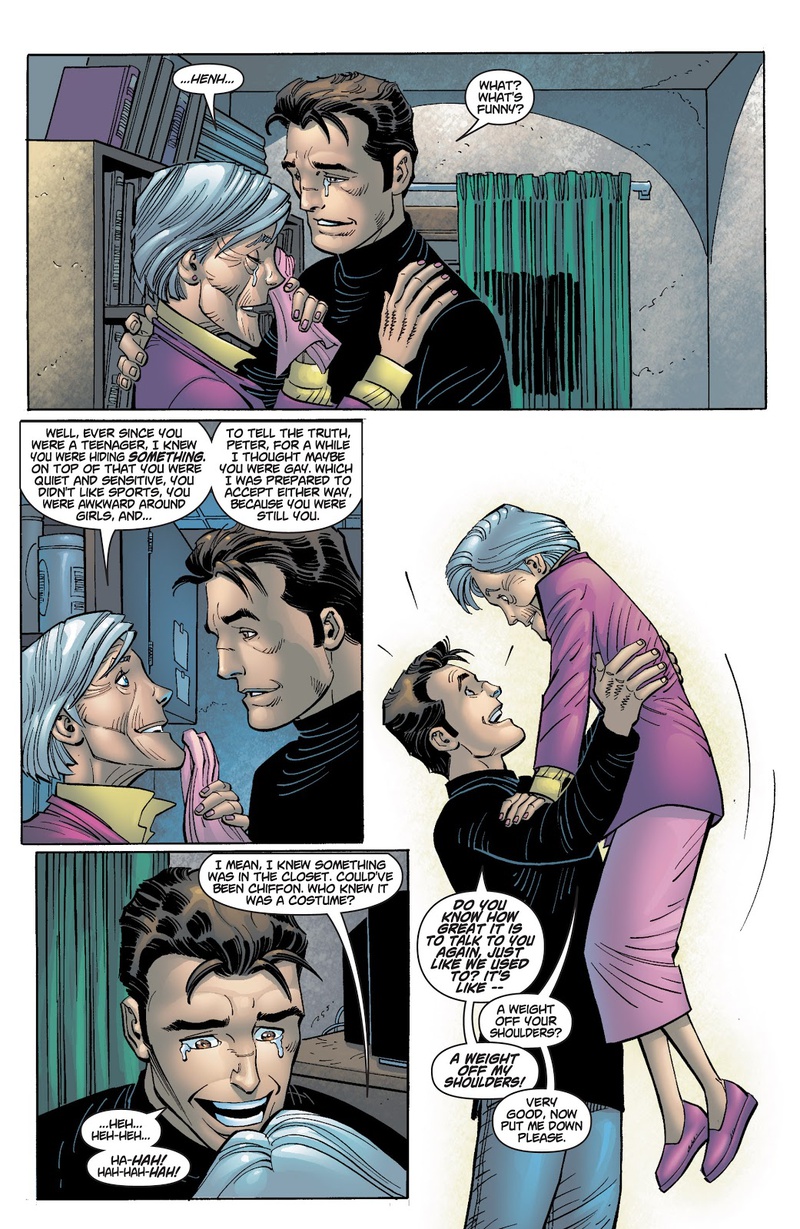
Unfortunately, audiences don't see any of this in the movies as it becomes skipped over entirely. Aunt May is completely supportive of Peter's life as a superhero the next times audiences see her. It's jarring and an utter waste of classic Spider-Man drama that Marvel Studios can no longer adapt, unless they suddenly give Aunt May second thoughts in the third movie, which would feel a bit disingenuous at this point.
5. Black Panther and Captain Marvel Being Delayed
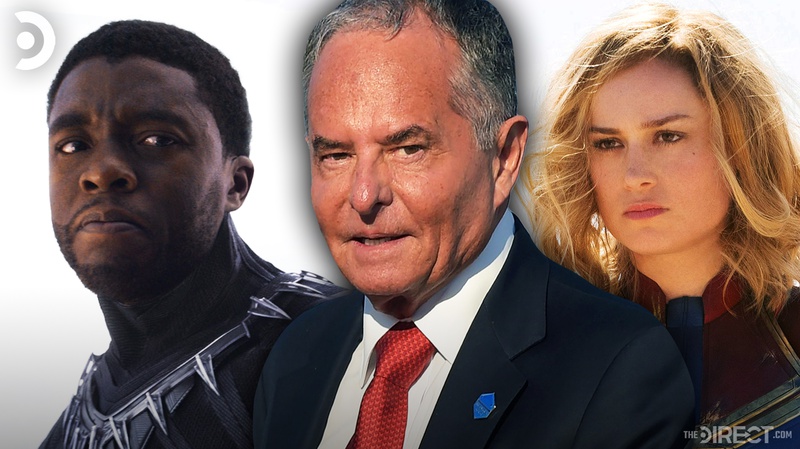
Thanks to former Marvel Entertainment CEO, Ike Perlmutter, Black Panther and Captain Marvel were regulated to the back burner for years, despite Kevin Feige's clear passionate and desire to make them whenever he was asked in interviews. Black Panther had been in development since 2008 and Captain Marvel had a script since 2013, but they would only see release in theaters in 2018 and 2019, respectively.
While only rumored to be the case for a time, it was finally confirmed in Bob Iger's memoir, The Ride of a Lifetime, that Perlmutter had deliberately sabotaged them from getting developed.
"We had a chance to make a great movie and to showcase an underrepresented segment of America, and those goals were not mutually exclusive. I called [Marvel chairman] Ike [Perlmutter] and told him to tell his team to stop putting up roadblocks and ordered that we put both 'Black Panther' and 'Captain Marvel' into production."

Because of their staggered development, it meant that both of them were rather late to the endgame of this saga - Captain Marvel especially. If they had been given the chance to be developed earlier, fans may have seen Black Panther interact with more characters like Tony Stark or further cement Wakanda as a country in the world of the MCU.
This scenario wouldn't have made Captain Marvel feel like a last minute addition either, for what was meant to be the end of an entire saga. If Kevin Feige had been allowed to make Captain Marvel earlier, Carol could have felt more established in this universe and have more of a history with these characters. Instead, she made her second MCU appearance in Avengers: Endgame and destroyed Thanos' flagship while having less than five minutes of screen time in the movie.
4. The Loss of Edgar Wright's Ant-Man
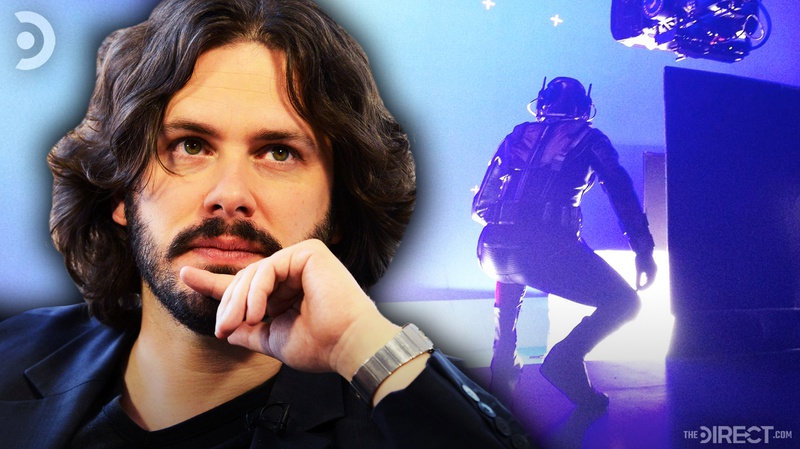
Whatever fans may think of Wright's original ideas and intentions for Ant-Man, whether it be not including the Quantum Realm or unceremoniously killing Janet off screen, it would have been, without question, one of the most well-directed movies in this giant franchise. Most known for his satirical genre movies like Shaun of the Dead and Hot Fuzz, Edgar Wright has a distinct style to his direction, with fast-paced camera work and editing that made even the most mundane actions engaging and informative.
This style would have complemented the character and abilties of Ant-Man fantastically, so it's no wonder that Marvel Studios decided to hire him in the first place when they first opened as a studio in 2006. But, as the years went on, not much development woccured on the project with only new drafts being handed to Marvel Studios over those years.
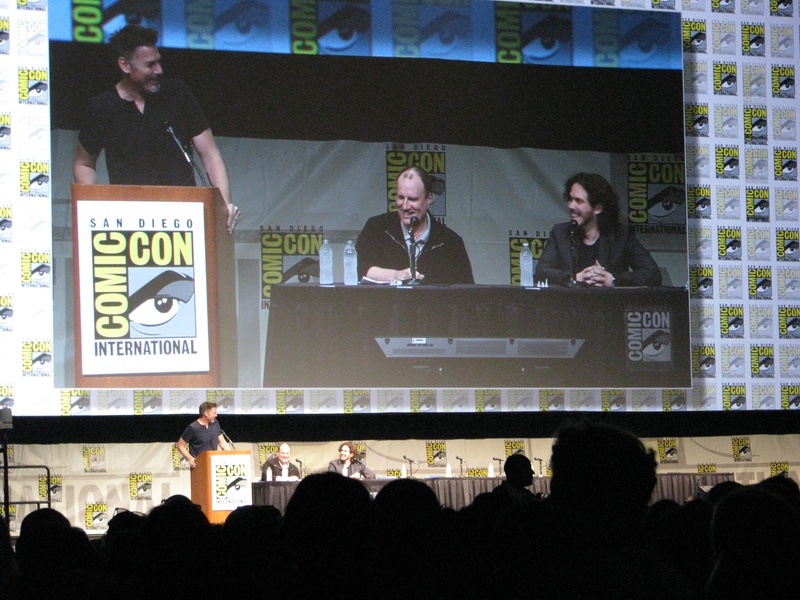
However, once a test-reel was released at Comic-Con in 2012 and pre-production began in 2013, it seemed that the movie was finally going to be made with casting then underway. This was until Wright abruptly left Ant-Man on May 23, 2014 “due to differences in their vision of the film."
This director drop-out resulted in many movies fans believing that Marvel Studios doesn't allow unique voices for their movies, which, thus far, has been mostly true with rare exceptions like James Gunn and Taika Waititi. Regardless, it's a shame that Edgar Wright was seemingly driven away by the Creative Committee, which was embedded at Marvel Studios during this time before Kevin Feige was finally free of Ike Perlmutter and this committee.
With this group gone from Marvel Studios, there appears to have been an improvement on the movies that followed. If only they had been disbanded sooner, then fans could have seen Edgar Wright's Ant-Man.
3. Ant-Man and The Wasp Not Being Founding Avengers
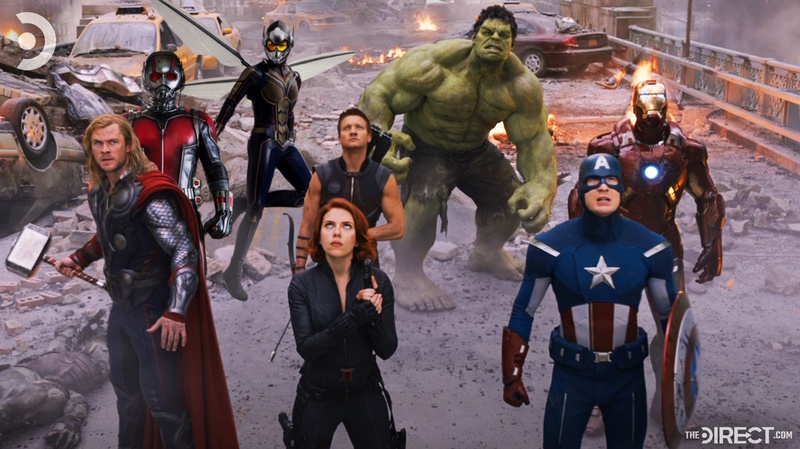
In an early draft of The Avengers, before Scarlett Johansson was cast as Black Widow in Iron Man 2, Joss Whedon originally planned to include Janet Van Dyne (aka The Wasp) on the team. In an interview with NY Daily News in 2012, Whedon explains that he “...tried to write her in, but I could not make it work.” Hank's involvement in this draft can only be speculated, but since he's never seen in the few animatics that were released, he can be presumed to have been a non-combatant as he sometimes is in the comics and cartoons.
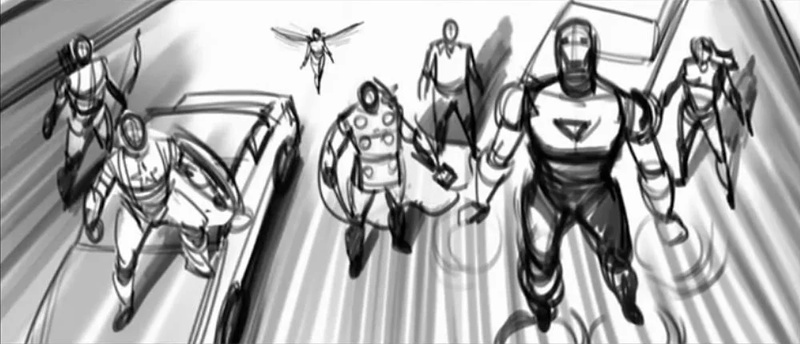
In the sequel, Avengers: Age of Ultron, Joss Whedon had briefly contemplated having Hank Pym appear and be the creator of Ultron as he was in the comics, but he didn't for two reasons. In an interview with Empire, Joss Whedon explained that "...Edgar had him first and by virtue of what Edgar was doing, there was no way for me to use him in this."
All of this is such a shame, since if Ant-Man and the Wasp had been introduced as founders in The Avengers, then Hank could still have been the original creator of Ultron as he is in the comics. Not to mention that Janet, the character literally responsible for naming the team in the comics, could avoid being essentially brushed under the rug when introduced in Ant-Man and the Wasp with barely any screentime. It feels especially bitter, since Edgar Wright's Ant-Man and his eight-year development on it amounted to him leaving the project in the end anyway.
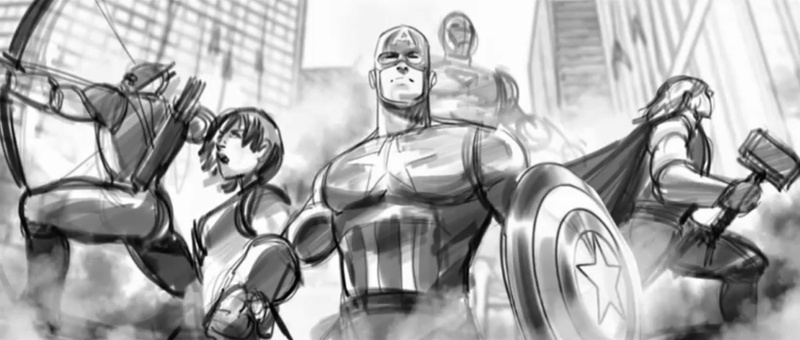
Additionally, if Hank Pym had been made the original creator of Ultron, so much would have changed dramatically in this universe. In particular Tony Stark's arc wouldn't have been the same. If he hadn't been the main creator of Ultron, he wouldn't have been as affected by the events of Avengers: Age of Ultron, which possibly wouldn't have caused him to side with the government as he does in Captain America: Civil War.
An inclusion of Ant-Man and the Wasp early on in the MCU could have meant more characters getting the spotlight, rather than the universe revolving around Iron Man for the vast majority of this saga. Additionally, fans could have gotten Janet as one of the central heroes of the universe, before Black Widow and way before Captain Marvel.
2. The Hulk
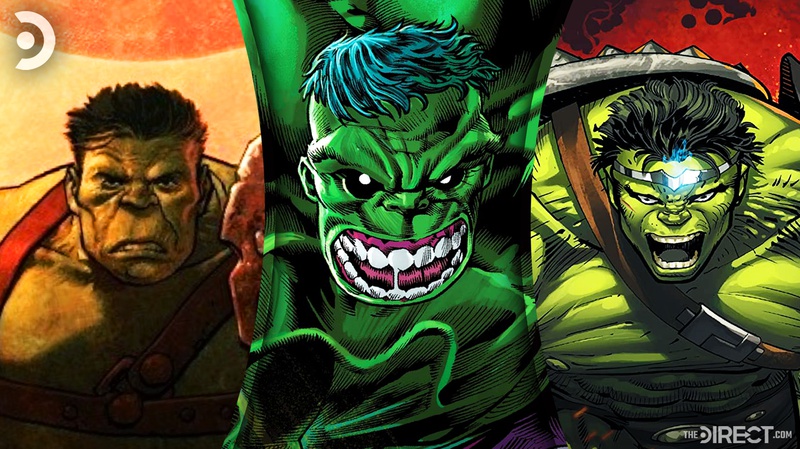
It definitely isn't a secret at this point that fans, along with this writer, were unsatisfied with Bruce Banner and Hulk in Avengers: Endgame. Some fans even saw warning signs of Hulk's dwindling treatment in the MCU in Thor: Ragnarok. The elements from the comics' "Planet Hulk" storyline qwew used as window dressing for the character without any of the character growth that came with it, simply lifting the aesthetic of that story and nothing more.
On the other hand, in this same movie, it was the first time that the dynamic between Hulk and Banner was anywhere close to the comics, in which Hulk is his own person with unique wants and needs. Sadly, this is barely touched upon again after Hulk turns back into Banner, while treating it more like a joke the rest of the movie.
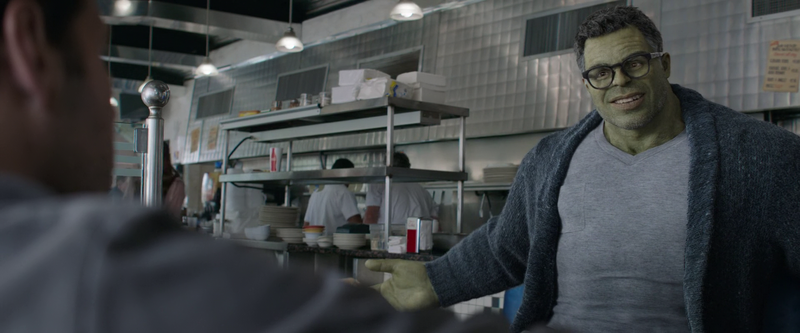
"I put the brains and the brawn together. And now look at me. Best of both worlds..."
The trajectory of the character's arc became even more muddied in Infinity War, when Hulk is beaten by Thanos and refuses to come out to help Bruce for the rest of the movie. In fact, fans never see Bruce turn into the Hulk again, barring brief glimpses of Hulk popping out to yell at Bruce. Obviously, the Russos and writers wanted to have Bruce stand on his own as a character and have his own "win" without the help of Hulk, but this was at the expense of his dynamic with him.
In Endgame, the character is done a complete disservice by essentially having his character developed off-screen and explained in a single line of dialogue to Scott Lang (and the audience.) This new form basically acts exactly like Bruce Banner, just bigger and greener.
What makes this feel like an even worst waste of a character is the new Hulk ongoing series that Marvel debuted in 2018. Written by Al Ewing and called "The Immortal Hulk," it explores the mythos of The Hulk like no other series has before, taking full advantage of the character's entire history. Al Ewing has such a deep understanding of the character and the dynamic between Bruce Banner and The Hulk that he's able to summarizes it perfectly in one page.

Immortal Hulk, Issue #13
In the comics, Bruce was abused as a child by his father, something that even Ang Lee's terribly-recieved Hulk movie adapted. This abuse is what shaped Banner growing up and even contributed to the creation of The Hulk, as it was Banner's rage that gave him life. As shown in the page from "The Immortal Hulk," the Hulk acts as a form of protection for Banner from the world. Disappointingly, this backstory has never been explored in the MCU and may never be, much like Tony's alcoholism being nicked from Iron Man 3.
So, could this seemingly-permanent change of persona be retroactively reversed in the upcoming She-Hulk series? Would his father's abuse be brought up? Will we see Bruce Banner given the attention he deserves? It's always possible, especially with the rumor about Marvel Studios regaining The Hulk's distribution rights and Bruce having a role in She-Hulk, but for now, it's only wishful thinking.
1. Team-Ups That Will Never Be

The MCU character interactions which we'll never see is perhaps the most hurtful, but much of this was largely out of the control of Kevin Feige. There's a lot of blame to go around for the team-ups that will never be, including the shortsightedness of then CEO of Marvel Entertainment and Marvel Studios not having all their character rights all at once. Furthermore, time itself was against Marvel Studios from the start - as soon as Robert Downey Jr. was cast as Iron Man, the clock began to tick and he'd only be in the role for so long.
As mentioned earlier in the article, Tony Stark and T'Challa do not exchange a single line of dialogue with one another, not even in Captain America: Civil War, and now never will. This is due to both Robert Downey Jr. leaving the role and Tony Stark dying in Avengers: Endgame. I's even worse for other Marvel characters like the X-Men and Fantastic Four, who won't even be able to share the screen with these characters due to contracts ending for actors or characters dying.
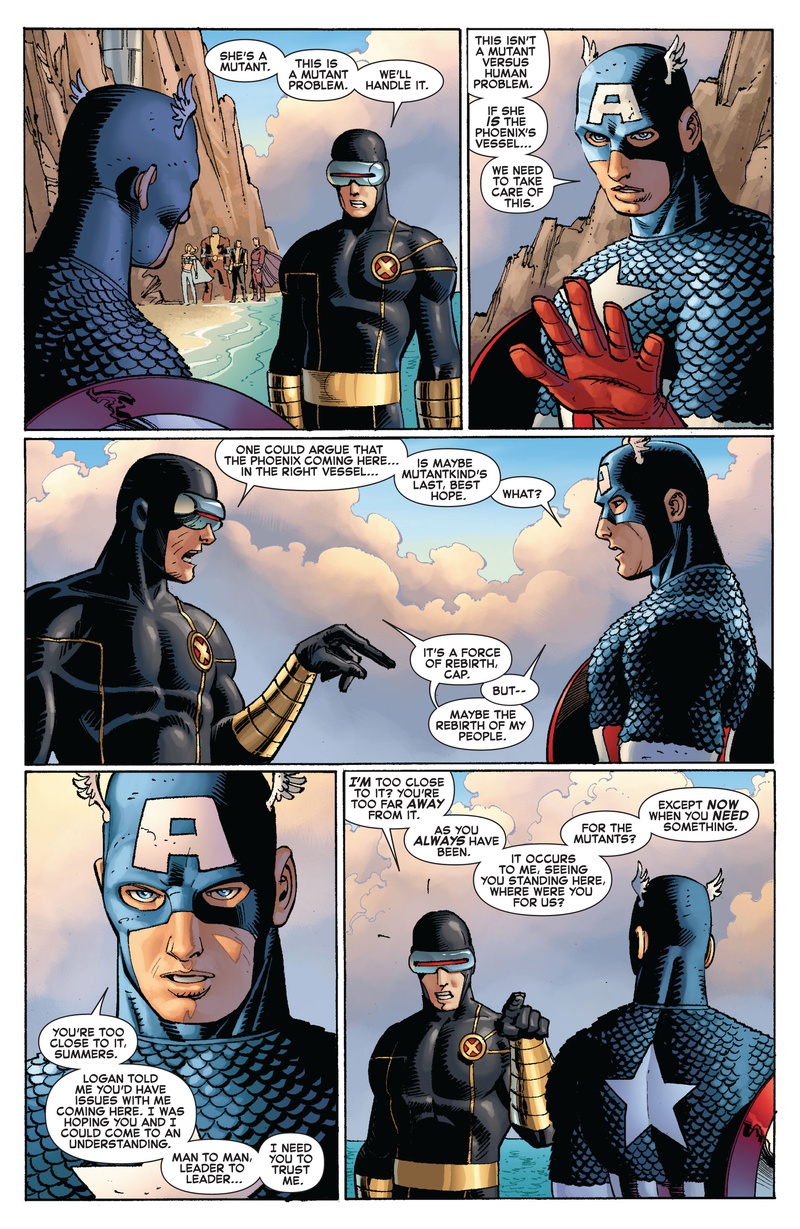
Avengers Vs. X-Men (2012), Issue #1
Captain America and Scott Summers will never stand opposite one another as leaders of The Avengers and X-Men, Tony Stark and Reed Richards will never butt heads about science, and fans will never see Rogers and Logan fighting alongside one another during World War II. Many of these interactions won't happen now, in part, due to Marvel selling the film rights to all their franchises decades ago to avoid bankruptcy.
Fans lose out on other partnerships in comics, like Daredevil and Black Widow, which can no longer happen for a myriad of reasons - the most obvious of these being caused by the death of Black Widow in Endgame and Scarlett Johansson handing off the title of Black Widow to Florence Pugh. However, Marvel Studios and Disney actually did regain the rights to Daredevil in 2013, but never capitalized on including him in the movies. Instead, the company let Marvel Television use the character, and others, to create Netflix series focused on the Defenders themselves.
Now, could these character still interact in some way in the future? Maybe using the multiverse, which is soon to become a big factor in the MCU moving forward. Still, these interactions wouldn't really feel the same. It wouldn't be with the original characters that audiences have followed from day one. They'd, essentially, be different characters. The chance haas already passed for these interactions to come organically and have. Seeing Mr. Fantastic interact with an Iron Man from another world, while cool, would feel more like fan service than anything.
Hopefully, Marvel Studios keeps up the quality and doesn't waste anymore opportunities with these stories and characters in Phase 4 and beyond.












